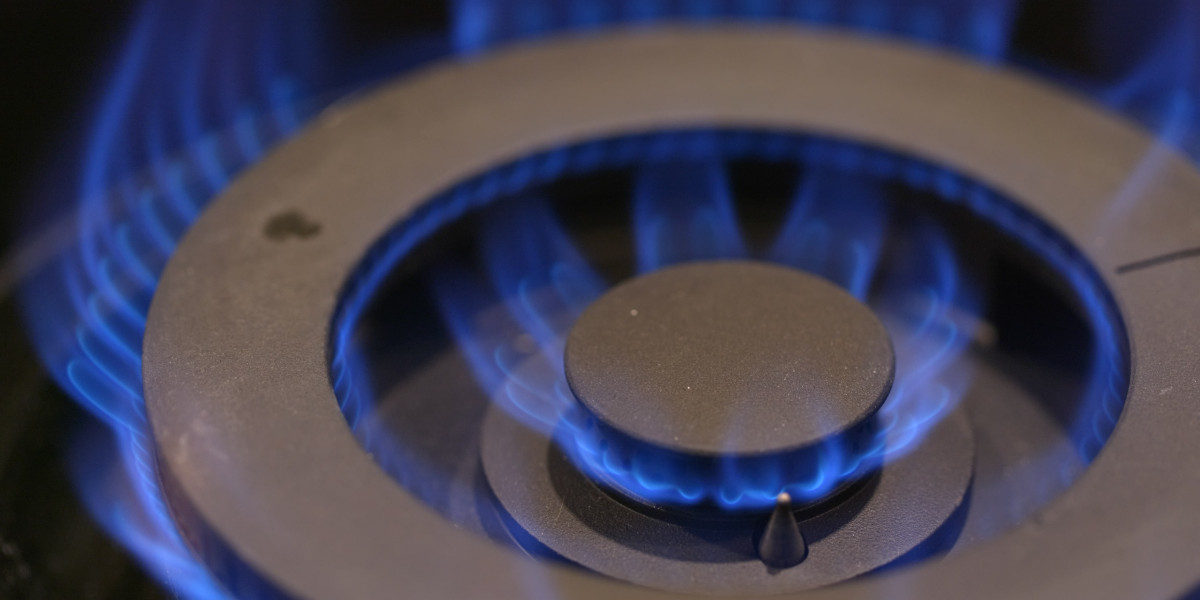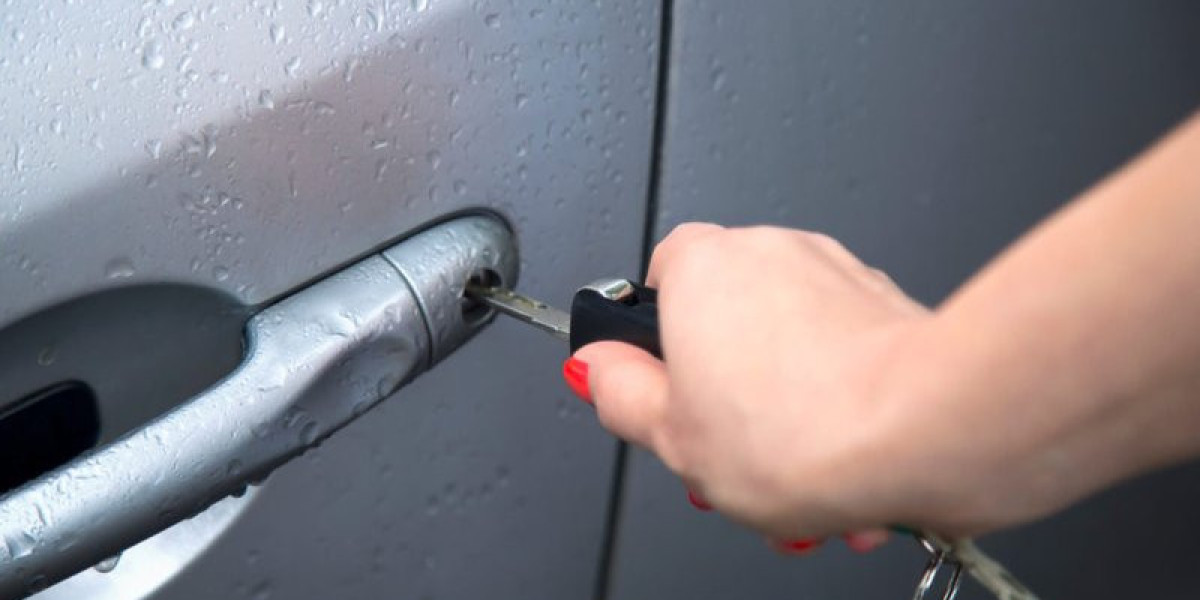 Landlord Gas Safety Certificates - Common Mistakes Landlords Make
Landlord Gas Safety Certificates - Common Mistakes Landlords MakeLandlord gas certificates help landlords to adhere to the law while protecting their tenants. These tests help reduce the chance of carbon dioxide poisoning by identifying defective equipment, flues, or pipework that must be fixed.
The checks can be performed quickly by Gas Safe engineers. They are also simple to manage with digital tools that integrate into full job management solutions.
Requirements
Landlords are required to provide gas safety certificates. They also need to ensure that tenants are able to access a qualified engineer for a check. The best way to do this is to include a clause in the tenancy agreement that states that the property will be available to a qualified engineer for Gas Safety checks. It will also communicate to the tenant that if they do not allow access the landlord will take the necessary steps to enforce the regulations.
Landlords are required to ensure that their properties are registered with a valid CP12 certificate, which lasts for 12 months. Renewals must be made on the same day as the expiration of the previous certificate to avoid wasting time when the two certificates overlap. A recent update to the law has given landlords more freedom in how they conduct their inspections, however it's important to note that this change does not mean that landlords will be able to reduce the length of their annual inspections.
It is important to keep in mind that only registered engineers with Gas Safe Register are legally authorized to work with gas piping, appliances and flues. A landlord who hires an engineer who is not registered could be charged with a criminal offense.
If a tenant refuses to permit access to the annual Gas Safety Check, the landlord must send them a clearly worded letter explaining why they require access and what the inspection will involve. If the landlord does not receive a reply then they should think about taking other steps, such as sending a Section 21 notice or applying to the court for an injunction. Installing inspection hatches allows the engineer to look for gas leaks, and ensure that the appliance shutoff valve is working.
Tenant's obligations as a tenant
It's your responsibility to ensure that the gas lines in your apartment are safe. If you don't, your tenants may suffer injuries in the event of a fire. In order to ensure the safety of your tenants, you should get your NYC apartment gas inspection completed by a qualified gas engineer. Also, you should ensure that your tenants have easy access to the gas supply. If you're unsure of your obligations, you should contact an New York Apartment Fire Injury Lawyer right away.
It is crucial that you provide your tenants the gas safety certificate of the landlord at the beginning of their tenancy or as soon as is possible. It should be prominently displayed in the building. If you're the landlord of a property that has shared appliances, you could divide the appliances and flues into separate parts, so that each part has its own gas safety check.
There are tenants who do not want to let the engineer to conduct the safety checks. This usually happens because they believe it's an invasion of privacy or because they're involved in a dispute with their landlord. Try to remind them that carbon monoxide is a dangerous gas and it's your legal responsibility to ensure their safety.
If your tenants aren't ready to allow the gas engineer to carry out the test, it's a good idea to include a clause in their contract that requires them to permit access to the gas operative for maintenance or safety inspections. The tenancy agreement should specify whether or not you can disconnect gas lines and when it is permissible. You should also provide the employee a method to uniquely identifies him or herself for example, a scanned-in signature, an employee ID, or a pay number that is unique to them.
Accessible
A landlord gas safety certificate is required for every property that is equipped with a gas appliance, such as a boiler. A landlord who does not renew their certificate could face massive fines and also the possibility of making tenants uncomfortable. To avoid this, it's essential that landlords ensure that their certificates are current by scheduling an annual check of their tenants' gas.
The cost of a safety inspection for gas appliances is determined by a variety of factors, such as the location of the house and the number of gas appliances in the house. In general, a gas safety check costs between PS35 and PS150 per property. However, the cost could differ significantly based on the location and the gas company that is used.
Landlords must provide their tenants with an original copy of their gas safety certificate, which is commonly known as a CP12. The document must be handed out to tenants in the 28 days of the inspection being completed, and new tenants must receive it within 28 days of moving into the property. Landlords are required to display a copy CP12 at the property, and make sure it is readily accessible.
Tenants can help ensure that their landlord is in possession of a valid gas certificate safety by ensuring they have access to the gas system and that the appliances they have with them aren't connected to the mains gas. They should also check for clunking sounds or black marks on appliances, or other signs of problems with the gas system. They should notify the landlord if they observe any of these signs.
If a landlord is unable to gain access to the property to conduct a gas safety check, they must show that they have taken all "reasonable steps" to be in compliance with the laws. This could include repeating attempts to conduct the checks, and writing to the tenant to inform them that the safety checks are a legal requirement to ensure their security.
Expiry date
Gas safety certificates must be maintained up-to-date by landlords. Failure to do so could lead to unexpected risks and penalties from regulatory agencies. Additionally, failing to renew a certificate within the timeframe may cause a landlord to lose their insurance. It's not always easy to navigate the complex regulations that surround these certificates. There are some common mistakes landlords make when they conduct these checks, and they should be aware of them to avoid them.
Landlords are legally obliged to schedule annual gas safety checks of all the appliances on site and flues. They must also provide copies to existing tenants within 28 days of the test, and to new tenants at the beginning of their lease. The copy must be displayed in a prominent spot on the property. Landlords must also keep records of these tests for a minimum of two years.
Since the 6th of April, 2018 the regulations have been modified to give landlords greater flexibility in scheduling their gas safety inspections. This change allows landlords to have their gas safety inspections carried out up until two months before the due date, while keeping the expiry date of the check. It is crucial to arrange a check well in advance and not assume that there is a grace period.
If a landlord gas safety certificate uk [www.mkgassafety.co.uk] fails to have their gas safety checks done before the date when their current certificate expires, they'll be unable to rent out their property until they have had the new checks done. Landlords need to be aware that this is a major violation of the law and could lead to massive fines.
Recommendations
As a landlord you must ensure that your gas safety certificate remains current at all times. Keep copies of previous certificates for a minimum of two years. It's a good idea to shop around for a competitive price, as costs can vary.
During the inspection the engineer will provide you with an official Landlord Gas Safety Record. This is essential for providing new tenants with the necessary documents before they move in and for proving that you are in compliance with the law. The document includes a description and where to find the gas appliances and flues that have been examined. It also includes the dates of the test and any actions taken by the engineer. It should also include the name, registration number, and unique identifier for the engineer who performed the test. This could be a scan of an ID card, a digital signature or a payroll code that is unique to each employee.
The engineer will note any appliances or flues that are considered to be unsafe on the safety check record. The landlord then has to arrange the necessary repairs. If the issue is not resolved within a reasonable period of time, the engineer may remove the gas supply.
Landlords are responsible for a myriad of things however one of the most important is to keep up with annual gas safety inspections. Failure to comply with regulations could result in a fine, or even imprisonment should a fatal accident occur.



